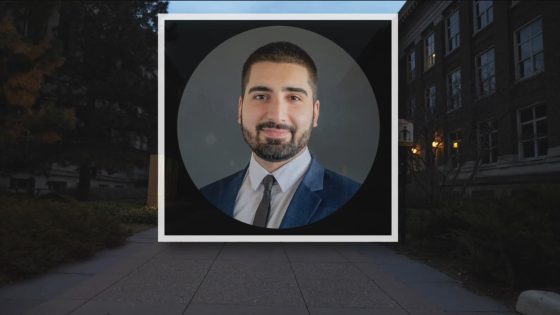University protests have erupted at Ghent University, drawing attention across Belgium’s higher education sector. On 2025-05-13 10:43:00, demonstrators gathered to demand a severance of all ties between Belgian universities and Israel. This coordinated action includes participants from Leuven, Brussels, and Liège, signaling a nationwide movement.
- Actievoerders blokkeren toegang tot Gentse universiteit
- Protest richt zich op alle Belgische universiteiten
- Eisen breken alle banden met Israël
- Vergelijken sancties met die tegen Rusland
- Rector sluit poort als reactie
- Politie aanwezig maar grijpt niet in
The protesters aim to extend their message beyond Ghent, pressing all Belgian universities to cut connections, not just with institutions linked to the Israeli military or occupation. They argue this move is necessary to apply pressure on the Israeli government, similar to sanctions imposed on Russia, to halt what they describe as ongoing genocide against Palestinians.
With the rectorate’s entrance blocked, staff can exit but cannot enter, and the university has closed the main gate. The duration of the protest remains uncertain, depending on the university’s response, the activists’ persistence, and potential police intervention. What will this mean for Belgium’s academic relationships? And how might authorities respond to this growing tension?
What drives this protest, and what impact could it have on Belgian universities? The activists seek to leverage academic connections as a form of political sanction against Israel, inspired by recent actions against Russia. This raises questions about the role of universities in international conflicts and the limits of academic freedom.
- Protesters want all Belgian universities to cut ties with Israel, not just those linked to military or occupation activities.
- The blockade restricts access to Ghent University’s rectorate, showing the seriousness of the action.
- Police are present but have not yet intervened, indicating a cautious approach to the protests.
As the situation unfolds, Belgian universities must consider how to balance academic collaboration with ethical concerns. Will this movement lead to broader changes in university policies, or will dialogue prevail? The coming days will be critical in shaping the response to these demands.




























